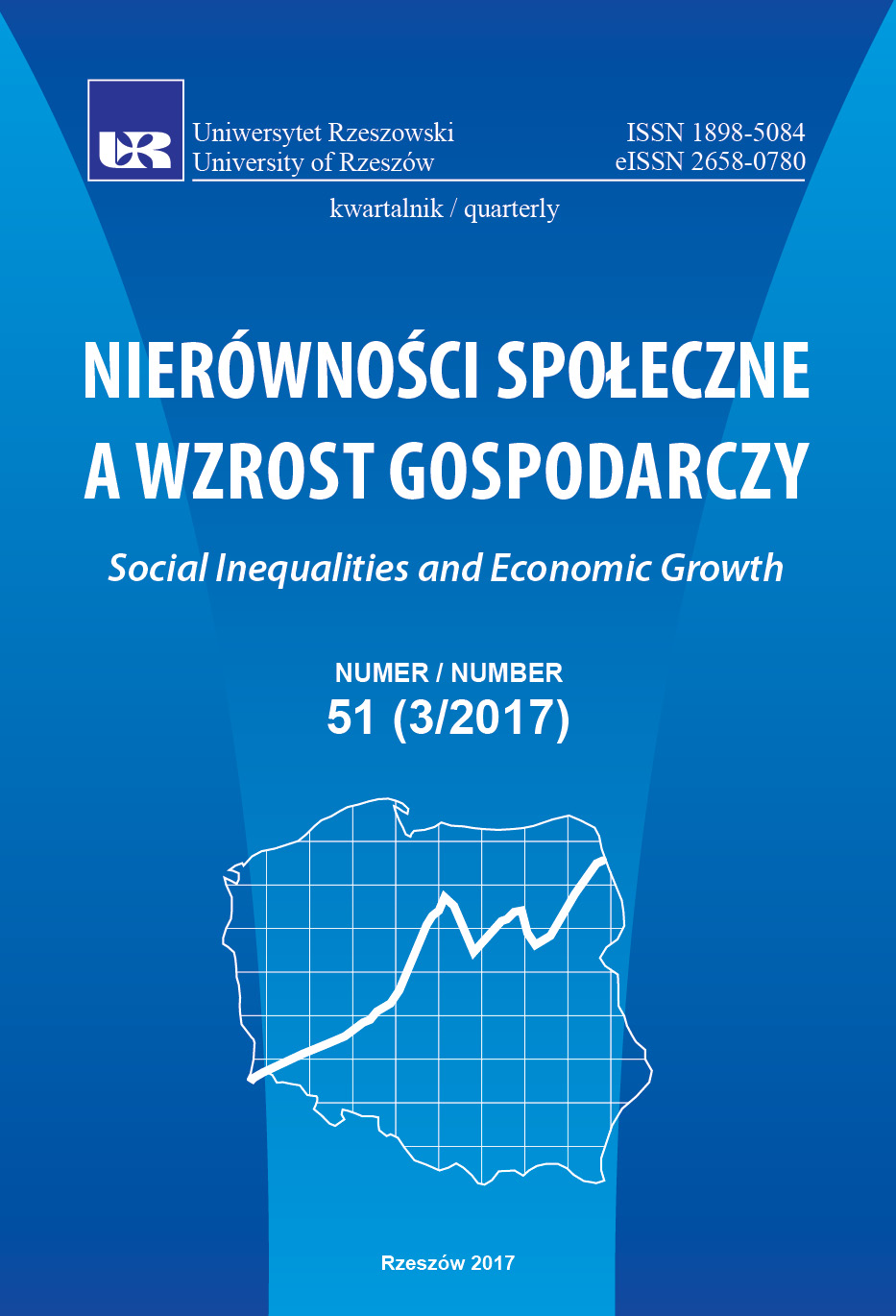Human capital management in the conditions of knowledge economy
DOI:
https://doi.org/10.15584/nsawg.2017.3.4Keywords:
knowledge-based organizations, human capital, social capital, knowledge workerAbstract
The aim of this paper is the identification of the consequences of knowledge-based economy creation in the social, organizational and employee context and description of the main challenges of human capital management in knowledge-based organization and introduction of the main areas of discussion on the implementation of the HR function today. The starting point is the characteristics of social implications of knowledge-based economy. The turn of the 20 and 21st century is in fact an era of social transformation, whose consequence is the emergence of the knowledge society and the emergence of technological paradigm based on the Castell’s theory of network society. As a result, there is a new organization – a knowledge-based organization and new employee – knowledge worker. Knowledge-based organizations are enterprises functioning is based on knowledge and wide complex relations. Knowledge worker, in turn, is the position occupied in the organization resulting from the possession of a unique and desirable portfolio of competencies, relationships and attitudes resulting in the generation of a unique added value for the company. Therefore the working conditions and the profile of skills and structure of employees in modern enterprises have changed which leads to the need of conversion of ways to realize the HR function. The rank of a key resource gained human capital – as a carrier and the owner of the most precious tacit, personalized knowledge and social organization – as a carrier of relationships based on trust. There has also been the evolution of the structure of employment – from personnel employed on-time to a flexible workforce. In addition, they emerged new subpopulations of employees and different challenges of managing generating specific areas of interest in theoretical and practical – battle for talent, employer branding, aiming for work-life balance, diversity management, employability.Downloads
Download data is not yet available.
Downloads
Published
2020-11-13
How to Cite
Pietruszka-Ortyl, A. (2020). Human capital management in the conditions of knowledge economy. Social Inequalities and Economic Growth, 3(51), 50–61. https://doi.org/10.15584/nsawg.2017.3.4
Issue
Section
Articles
License
Copyright (c) 2017 University of Rzeszow

This work is licensed under a Creative Commons Attribution-ShareAlike 4.0 International License.


